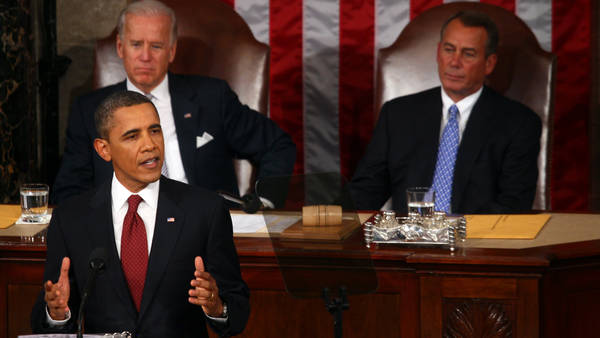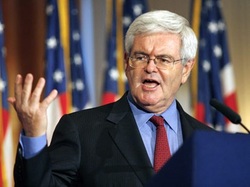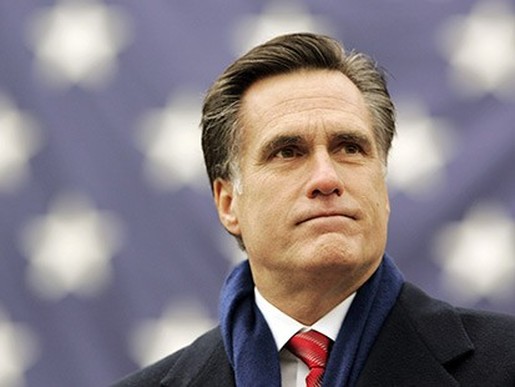From what I gathered before reading Fitzgerald's article, the high stakes debate was an intense battle between the two front-runners, and it will have an effect on the state's primary. At one point, Romney and Gingrich argued directly over involvement in Fannie Mae and Freddie Mac investments. The sparring began after moderator Wolf Blitzer inquired about remarks Gingrich had made earlier in the week questioning Romney's finances. After Gingrich tried to redirect the question, Blitzer continued the questioning, preventing Gingrich from the tactics he used in the South Carolina debate.
However, after watching snippets of the debate, it was clear that the candidates were fully in control of the rhetoric, often giving mini-speeches instead of responses. Rep. Ron Paul and Rick Santorum were even able to contribute freely, although this is a race between Gingrich and Romney in the panhandle state.



 RSS Feed
RSS Feed